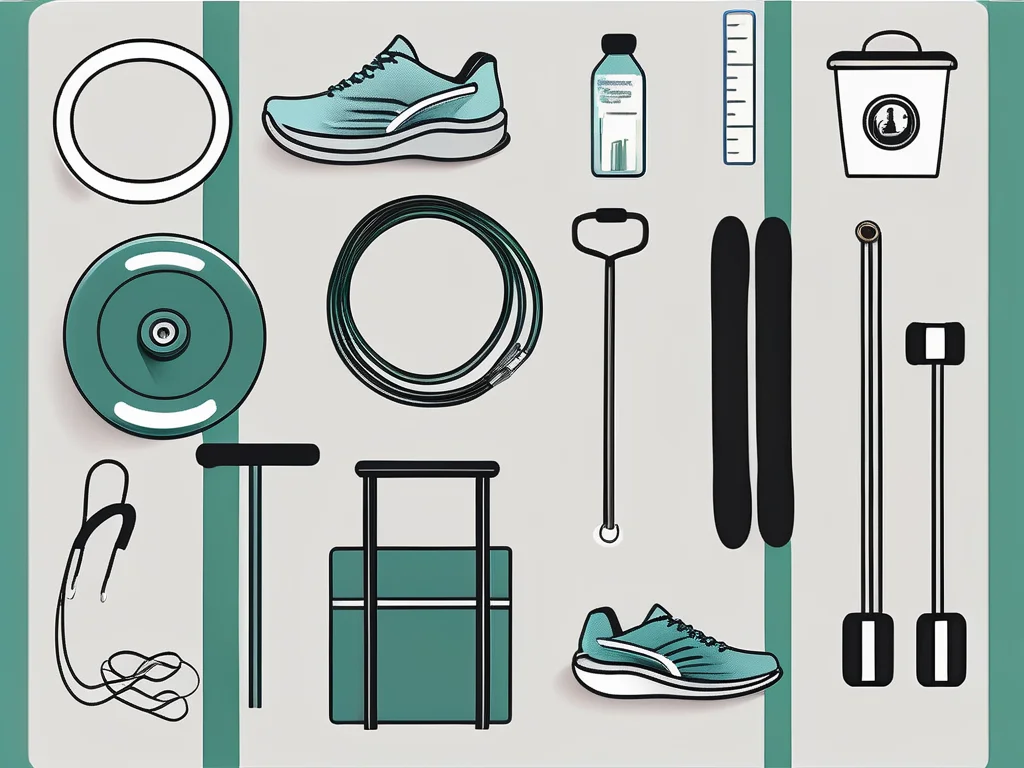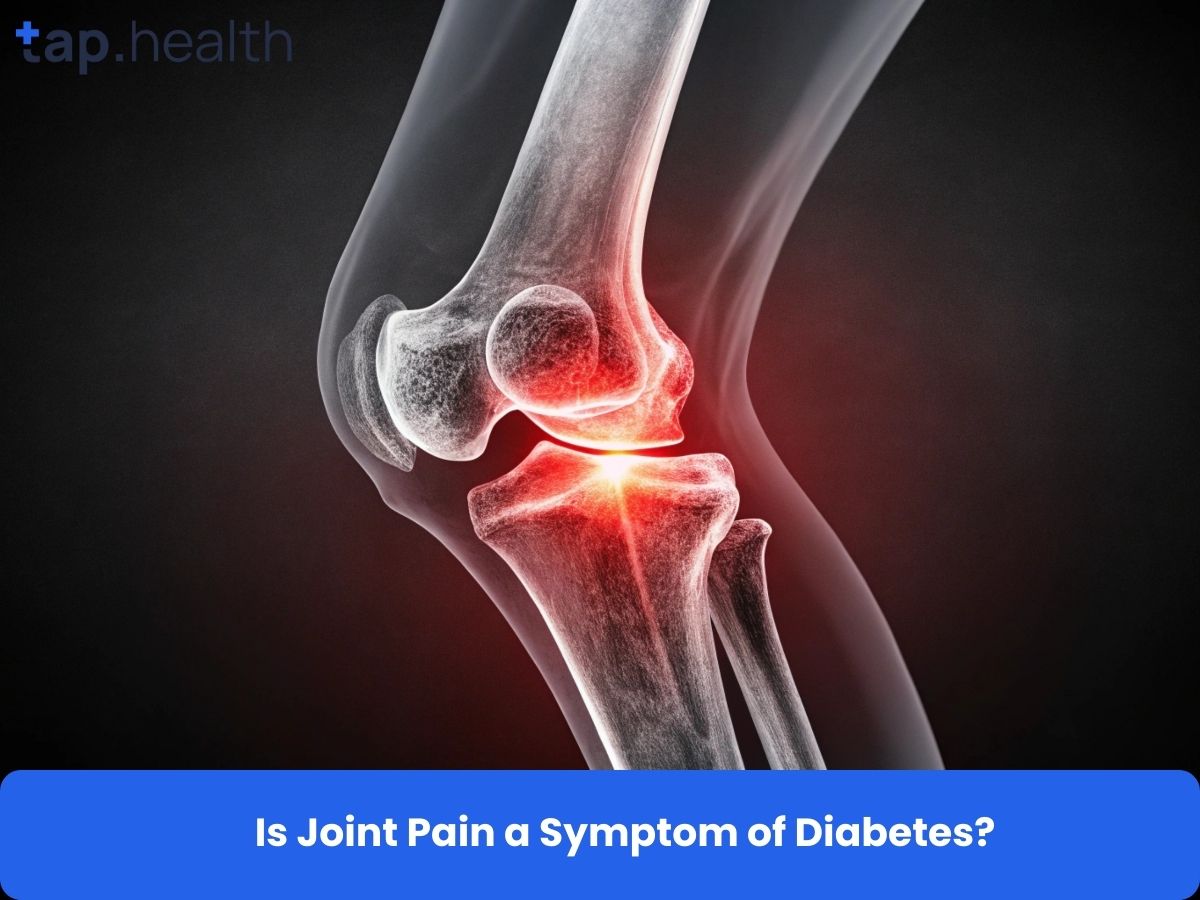Muscle weakness in the legs can significantly hinder daily activities like walking or climbing stairs, impacting overall mobility and quality of life. Identifying the causes and effective treatments is essential for managing this condition. This blog explores the definition, symptoms, causes, diagnostic methods, and treatment options for leg muscle weakness, providing a comprehensive guide to improving leg strength and function.
What Is Muscle Weakness in Legs?
What defines muscle weakness in legs?
Muscle weakness in legs refers to a loss of strength or power, making it difficult to perform tasks requiring leg movement. It can affect one or both legs, varying in severity based on the underlying cause. Weakness may manifest as reduced muscle tone or difficulty generating force, leading to challenges in mobility and balance.
What are the types of muscle weakness?
Leg muscle weakness is classified into:
- Proximal weakness: Affects muscles closer to the body’s core, like the thighs.
- Distal weakness: Impacts muscles farther from the core, such as those in the lower legs or feet.
Understanding the type helps tailor treatment plans for optimal recovery.
Common Symptoms of Leg Muscle Weakness
What are the signs of muscle weakness in legs?
Symptoms include:
- Difficulty walking or maintaining balance
- Loss of coordination
- Muscle fatigue or cramping
- Muscle atrophy (wasting) in severe cases
Persistent symptoms warrant medical attention to identify the cause and prevent further deterioration.
Causes of Muscle Weakness in Legs
What causes weak legs?
Several factors contribute to leg muscle weakness, ranging from genetic conditions to lifestyle choices and underlying medical issues.
Genetic Factors
Can genetics cause leg weakness?
Yes, inherited conditions like muscular dystrophy can lead to progressive muscle weakness and degeneration. Genetic predispositions also influence muscle fiber composition and response to physical activity, affecting leg strength.
Lifestyle Factors
How does lifestyle impact leg strength?
Unhealthy habits, such as:
- Sedentary behavior
- Poor nutrition
- Smoking or excessive alcohol consumption
can contribute to muscle atrophy and weakness. Regular exercise, a balanced diet, and adequate rest promote muscle health.
Underlying Medical Conditions
What medical conditions cause leg weakness?
Common conditions include:
- Neurological disorders: Peripheral neuropathy or multiple sclerosis disrupts nerve-muscle communication.
- Autoimmune diseases: Conditions like multiple sclerosis cause inflammation, affecting muscle control.
- Metabolic disorders: Diabetes can impair blood flow to muscles, reducing strength.
Identifying these conditions is key to effective treatment.
Importance of Medical Evaluation for Leg Weakness
Why is early diagnosis important?
Early diagnosis allows for timely intervention, preventing complications and improving muscle strength. A healthcare provider can create a personalized treatment plan to address the root cause and enhance quality of life.
What diagnostic tests are used?
Diagnosis may involve:
- Physical exams: Assess muscle tone, strength, and reflexes.
- Blood tests: Detect systemic issues like infections or autoimmune disorders.
- Nerve conduction studies/electromyography: Evaluate nerve and muscle electrical activity.
- Imaging scans (MRI/CT): Identify structural issues like herniated discs or tumors.
These tests pinpoint the cause of weakness for targeted treatment.
Treatment Options for Muscle Weakness in Legs
How can muscle weakness in legs be treated?
Treatment varies based on the cause but often includes physical therapy, medications, nutrition, lifestyle changes, and assistive devices.
Physical Therapy for Leg Strength
How does physical therapy help?
Physical therapy is crucial for improving muscle strength, flexibility, and mobility. Therapists design tailored exercise programs targeting specific muscle groups, incorporating:
- Resistance training: Builds muscle strength.
- Stretching exercises: Enhances flexibility.
- Balance training: Improves coordination.
What exercises strengthen leg muscles?
Recommended exercises include:
- Leg presses
- Lunges
- Squats
- Calf raises
- Balance exercises
Consistent adherence to these exercises can significantly improve leg function.
Medications for Muscle Weakness
What medications help with leg weakness?
- Over-the-counter (OTC): NSAIDs like ibuprofen manage pain or inflammation.
- Prescription drugs: Corticosteroids, immunosuppressants, or muscle relaxants address underlying conditions like autoimmune diseases or nerve issues.
Always consult a doctor before starting medications due to potential side effects.
Nutritional Approaches for Muscle Health
How does diet affect muscle strength?
A nutrient-rich diet supports muscle recovery and prevents wasting. Key nutrients include:
- Protein: Supports muscle repair (e.g., lean meats, eggs, legumes).
- Vitamins and minerals: Vitamin D, calcium, and magnesium promote muscle function.
- Hydration: Prevents muscle fatigue.
A balanced diet enhances overall muscle health and recovery.
Lifestyle Changes to Boost Leg Strength
What lifestyle changes improve leg strength?
- Regular exercise: Incorporate strength and cardio workouts.
- Healthy weight: Reduces strain on leg muscles.
- Stress management: Lowers inflammation that can weaken muscles.
- Adequate sleep: Supports muscle recovery.
These changes complement medical treatments for better outcomes.
Assistive Devices for Mobility
Can assistive devices help with leg weakness?
Yes, devices like canes, walkers, or braces improve stability and mobility, offering independence for those with significant weakness.
When to Seek Medical Advice
When should you see a doctor for leg weakness?
Consult a healthcare provider if:
- Weakness persists or worsens
- It’s accompanied by symptoms like numbness, tingling, or severe pain
- Daily activities are significantly impacted
Prompt medical advice ensures early intervention and prevents complications.
People Also Ask: FAQs About Muscle Weakness in Legs
1. Can dehydration cause leg weakness?
Yes, dehydration can lead to muscle fatigue and weakness. Staying hydrated supports muscle function and prevents cramps.
2. Is leg weakness a sign of a serious condition?
It can be. Conditions like multiple sclerosis, peripheral neuropathy, or stroke may cause leg weakness. Early medical evaluation is crucial.
3. Can stress cause muscle weakness in legs?
Chronic stress may contribute to muscle tension and fatigue, indirectly causing weakness. Stress management techniques like meditation can help.
4. How long does it take to regain leg strength?
Recovery time varies based on the cause, treatment, and individual factors. Consistent physical therapy and lifestyle changes can yield improvements in weeks to months.
5. Can vitamin deficiencies cause leg weakness?
Yes, deficiencies in vitamins like B12 or D can weaken muscles. A blood test can identify deficiencies, and supplements may help under medical guidance.
Conclusion
Muscle weakness in legs can stem from various causes, including genetic factors, lifestyle choices, and medical conditions. Early diagnosis through medical evaluations, combined with treatments like physical therapy, medications, proper nutrition, and lifestyle changes, can significantly improve leg strength and mobility. Assistive devices may also enhance independence for those with severe weakness. If you experience persistent leg weakness, consult a healthcare professional to develop a tailored treatment plan. With the right approach, you can regain strength and improve your quality of life.



